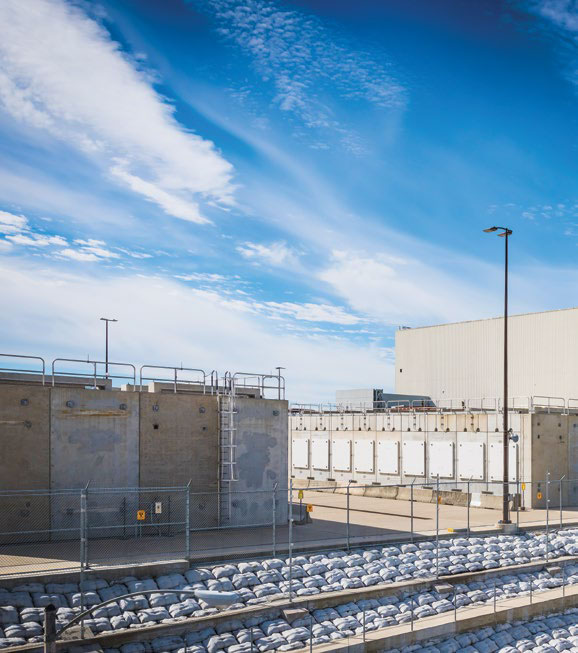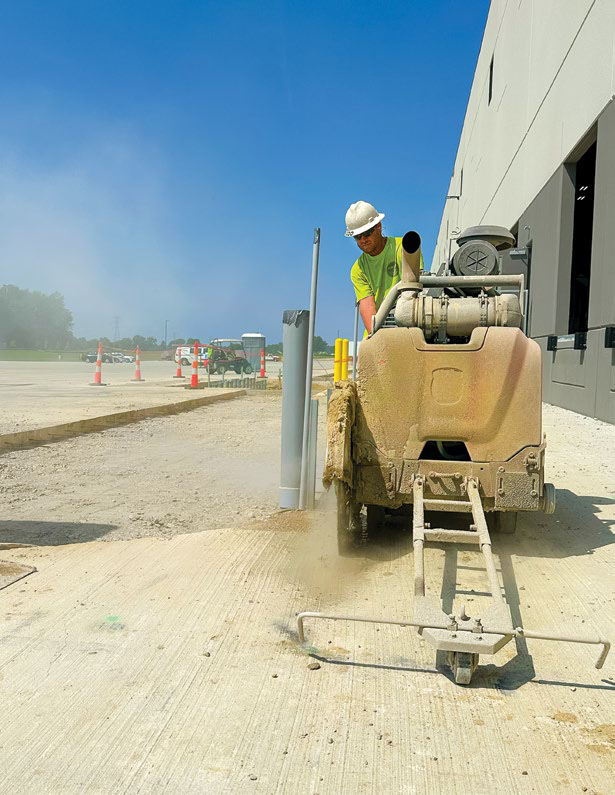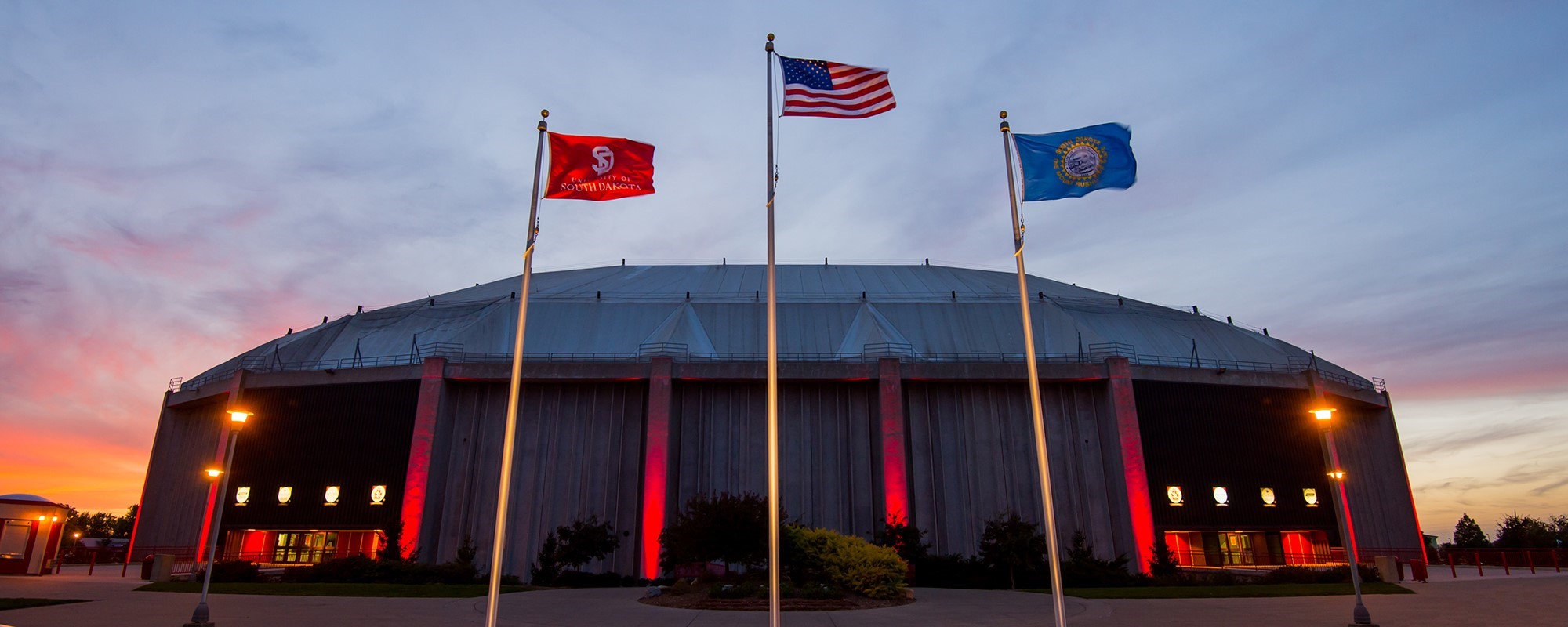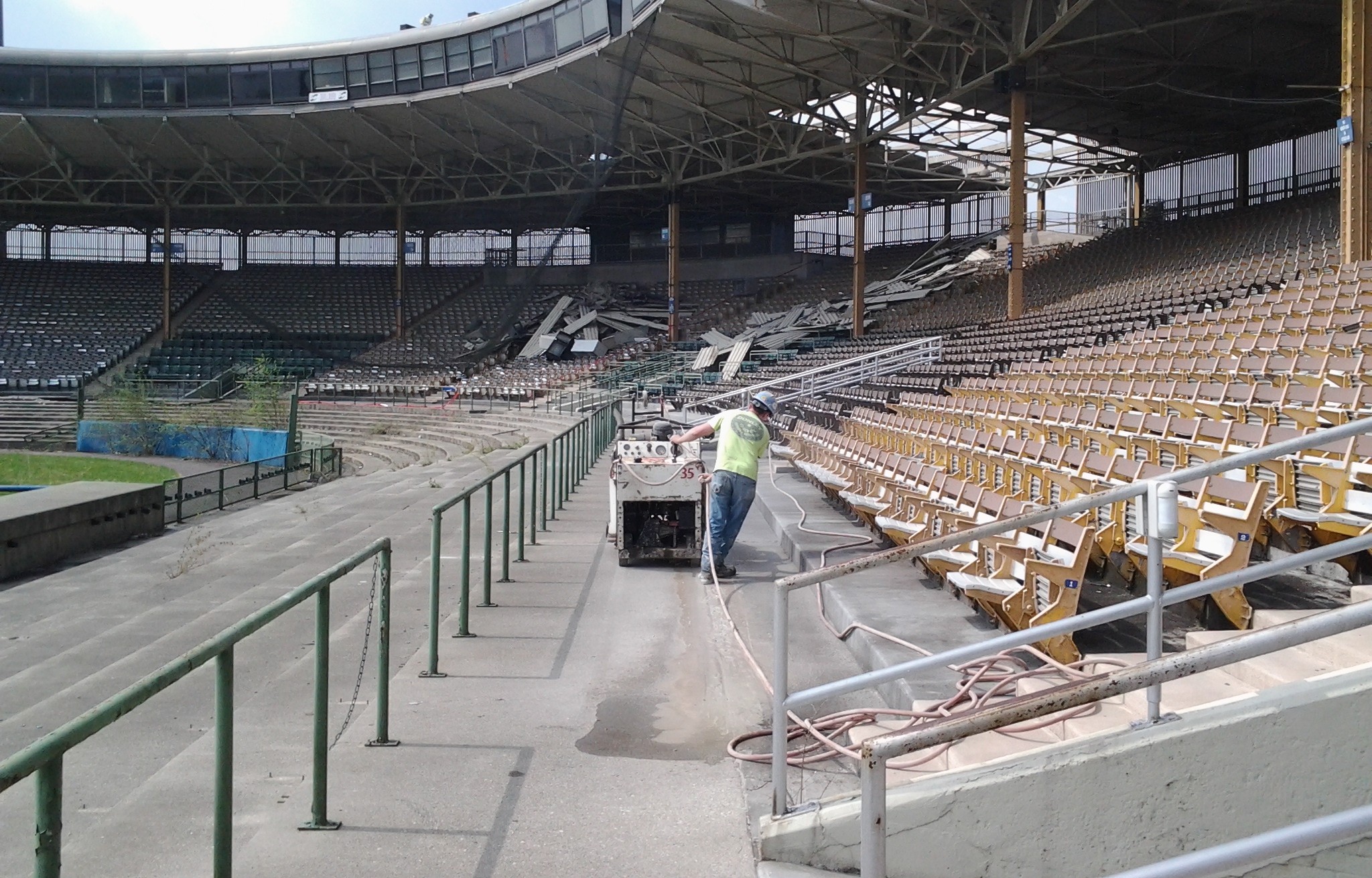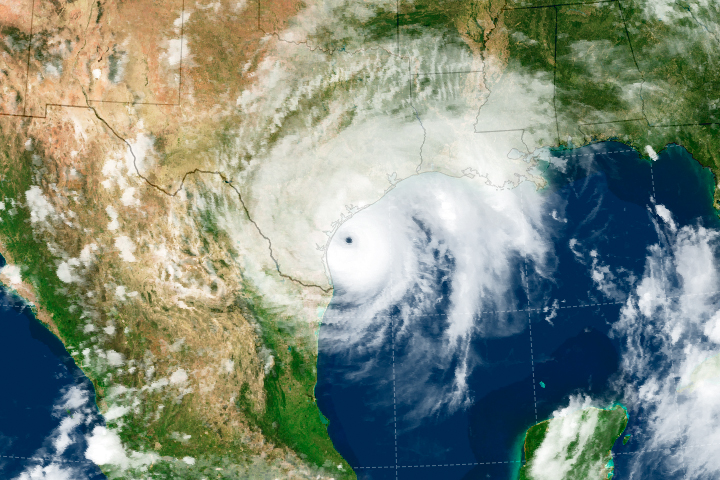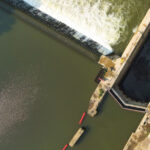
Sharp Cuts
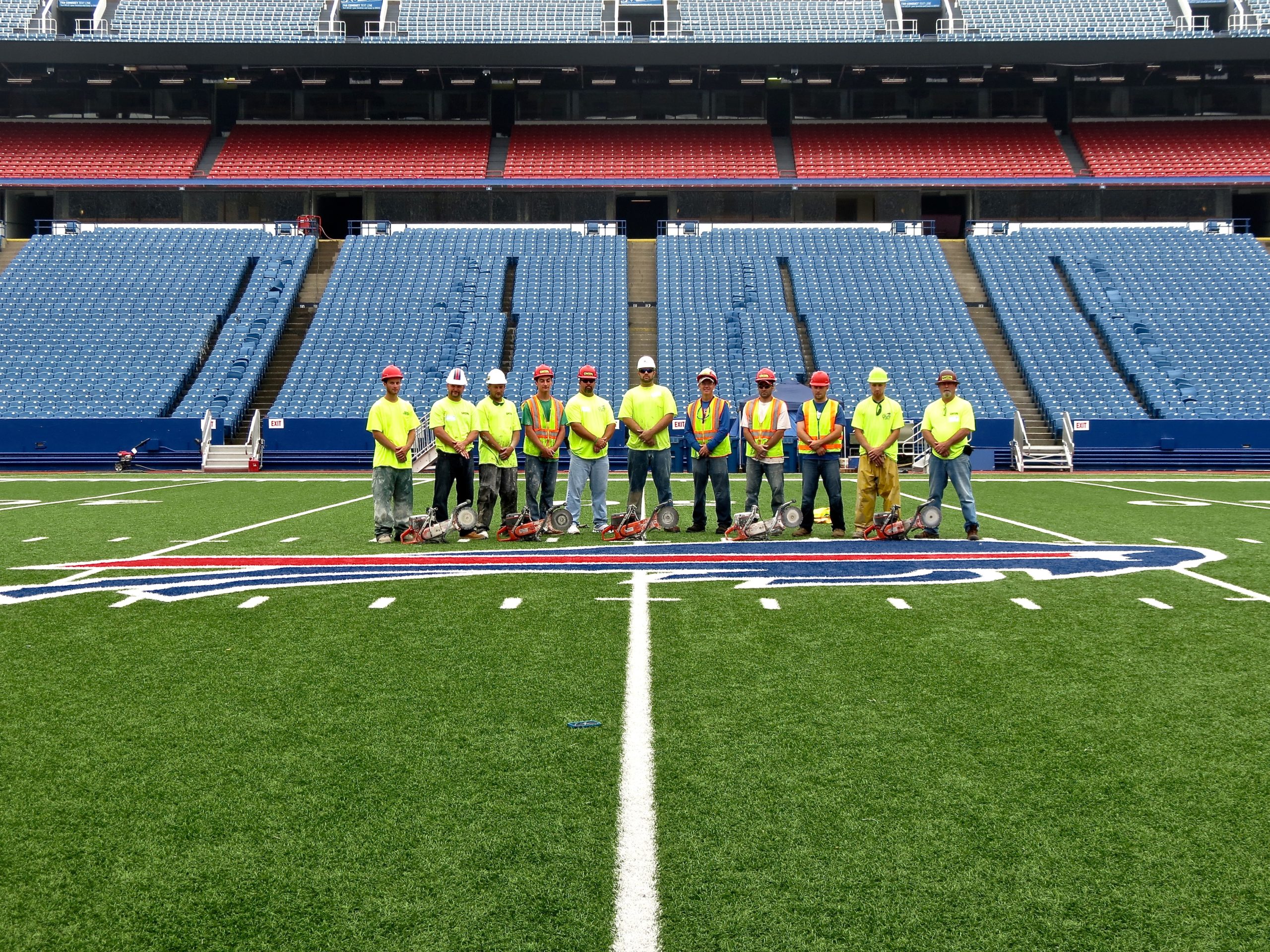
Fast, Maneuverable Concrete Cutting Inside NFL Stadium
Owners of sports stadiums are continually looking for ways to bring fans through the turnstiles and entertain them before and during events. To keep pace with modern technology and further enhance the game day experience, the Buffalo Bills recently called on a concrete cutting contractor to cut nearly 6,000 feet of 0.75-inch-wide, 3-inch-deep trenches for the installation of a large Wi-Fi network inside the team’s stadium.
Almost 900 antennas had to be positioned around Ralph Wilson Stadium to set up the wireless network and provide enough reliable Wi-Fi coverage for everyone inside. The lower bowl of the stadium was to have 236 antennas installed but this part of the stadium was underground, with no access available under the seats to install the necessary cabling. Installing the cables above the floor would have created trip hazards, therefore a solution was needed that would allow the cables to be buried within the stadium’s concrete risers, from the field ring wall up the steps, without causing damage to the rest of the concrete.

Over 6,000 feet of 3-inch-deep trenches were needed to house cabling.
The installer of the electrical equipment, Frey Electric of Buffalo, contracted CSDA member Capital Concrete Cutting, Inc. of Lancaster, New York, to create a series of trenches that would house the Wi-Fi cabling. The trenches had to be cut with precision and pace to keep the overall project on track.
“Cutting the trenches by hand was the only way to get this job done,” said Jim Currey, general manager of Capital Concrete Cutting, Inc. “Each section was laid out in line with the specifications provided and the route of the proposed Wi-Fi network. Some seating had to come out, which was not an easy task, and there was limited space to work in those areas. Hand sawing the trenches was the most suitable technique, so we used nine gas-powered Husqvarna K760 saws. They were small enough to fit between the seats and could cut to the specified width and depth. We had to work quickly so that the network could be set up and tested before the Bills started their pre-season games, but before this the stadium was hosting The Rolling Stones so we had to schedule our work around the concert.”
Each lower bowl section of the stadium had 32 rows of seating and between each section was a series of 32 steps. The steps averaged 38 inches deep with 8-inch-tall risers and some of the trenches followed the path of the steps up through the section. Based on the specified route of the Wi-Fi network cabling, some sections had multiple trenches while other remained untouched.

Slurry control and cleanup was extremely important, so wet vacuums and power washers were used.
In addition to making sure all cut lines were accurate, the team from Capital had to control and remove all debris and slurry from the trenches. The team arrived onsite June 9th and worked in two shifts—day crew and night crew—and included nine operators along with staff to chip, clean out and power wash the work areas. A staging area was set up within the stadium for supplies and repairs. Plastic and plywood were both used to protect surrounding areas of seating from slurry, but this created further confinement while cutting with the gas-powered saws so, instead, the contractor had a person onsite to power wash nearby seats each day. Crews used wet vacuums and 5-gallon buckets to collect and remove concrete slurry from the trenches.

The network of 0.75-inch-wide trenches were completed seven days ahead of schedule.
The team from Capital was able to complete an average of 250 feet of 0.75-inch-wide, 3-inch-deep trench cutting during one day and night shift with the cut and break saws. Approximately two-thirds of the cutting work was done before work had to stop for The Rolling Stones’ concert on July 11th. The job was then completed July 24th, before the Buffalo Bills played their first pre-season game and seven days ahead of the projected schedule.
“This was a very challenging job for us, but it was as equally satisfying upon completion. As the days and shifts went by, the team was working well together and we gained some real momentum. By the end of the job, we were all ready to do another stadium!” explained Currey.
Having completed many sawing and drilling jobs at Ralph Wilson Stadium over the years, Capital Concrete Cutting has been able to build a solid reputation with other contractors there and with the Bills organization. The cutting contractor’s staff have repeatedly demonstrated the capabilities sawing and drilling operators possess while delivering safe and clean work.
The Buffalo Bills continue to execute intricate plays and fancy footwork at Ralph Wilson Stadium, but thanks to some sharp cuts and fast hands from this CSDA member the fans now have more to cheer about on game day.
Company Profile
Capital Concrete Cutting, Inc. has been a CSDA member for 11 years and is based in Lancaster, New York. The company has seven employees, seven trucks and is a division of Cobi Concrete Sawing of Mississauga, Canada. Capital Concrete Cutting, Inc. services the entire state of New York and offers the concrete cutting services of slab sawing, core drilling, wall sawing, wire sawing, hand sawing and curb cutting.
Resources
General Contractor:
Frey Electric
Sawing and Drilling Contractor:
Capital Concrete Cutting, Inc.
Lancaster, New York
Phone: 716-683-5200
Email: jimcurrey@gmail.com
Methods Used: Hand Sawing

